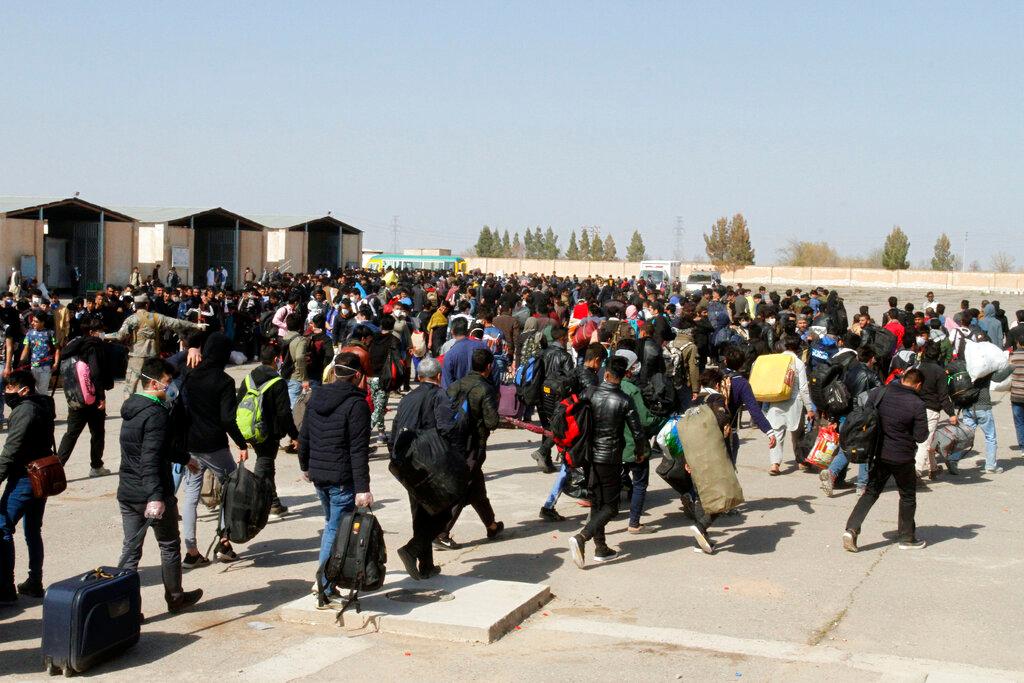Migrant surge meets hostility and a new border wall in Turkey
A growing number of Turks are weary of their country acting as a 'holding camp' to prevent refugees from entering Europe.
When a mayor in Turkey’s northwest this week announced plans to charge “foreigners” 10 times more for water and waste services, his words were applauded by many across the country that bridges Asia and Europe.
The mayor later made clear which foreigners he was referring to: fellow Muslims whose undocumented arrival has made Turkey home to the world’s largest refugee population.
“This hospitality has gone on too long,” he said. “Turkey has become a dump for migrants.”
In recent weeks, Turkish media has shown images of hundreds of mostly young men trekking along mountain paths from the Iranian border into eastern Turkey, reports Reuters.
Many Afghan refugees say their journey was spurred by the Taliban’s advance as the US withdraws its forces from Afghanistan after 20 years.
Official sources say more than 27,000 people, not all of them Afghans, have been intercepted crossing the border with Iran since the start of the year.
Hostility towards these migrants, sometimes expressed violently, has grown to the point that authorities have built a 65km concrete wall in the eastern province of Van to halt those who enter Turkey from Iran.
Afghan migrants often intend to cross Turkey to big cities such as Istanbul, Ankara and Izmir, where they can work in the grey economy to earn money to get to Europe.
According to the UN refugee agency, some four million refugees, mostly Syrians, are currently stuck in Turkey. An estimated 200,000 Afghans make up the second-largest group.
Turkey’s temporary hosting of refugees draws praise from the EU which is protected by a 2016 refugee deal with Ankara, but hostility towards migrants in Turkey often surfaces, sometimes violently.
There are fears that greater numbers of Afghans in Turkey could put pressure on Ankara’s deal with the EU to prevent migrants entering Europe.
It was the entry of more than a million refugees into the European Union in 2015 that left member nations squabbling over how to deal with the influx as internal borders slammed shut.
This led to a migration deal between Ankara and Brussels in 2016 under which Turkey agreed to stem the flow of migrants to Europe in return for concessions and 6 billion euros in aid for Syrians.
While it has succeeded in drastically cutting the number of people reaching Europe, the deal has failed to benefit Turkey in that pledges to smooth the country’s EU membership negotiations and offer visa-free travel to Turks have not materialised.
Belief in such Euro-promises is wearing thin among Turks, says Al Jazeera.
Opposition leader Kemal Kilicdaroglu recently shared his “call to the world” in which he said no one could “declare my country an open prison to refugees”.
Following Austrian Chancellor Sebastian Kurz’s remarks that “states like Turkey are definitely a better place for refugees than Austria, Germany or Sweden”, the Turkish foreign ministry this week issued a statement warning: “Turkey will not take a new wave of migration.”
It added: “Turkey will not be a border guard or a refugee camp for the EU.”
Subscribe to our newsletter
To be updated with all the latest news and analyses daily.
